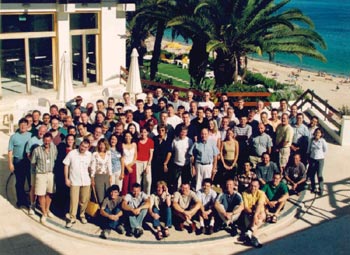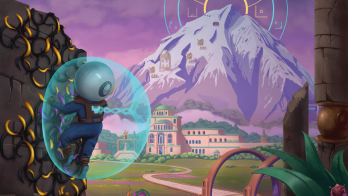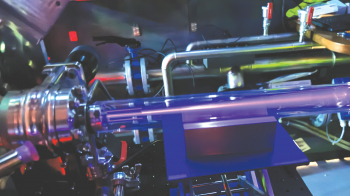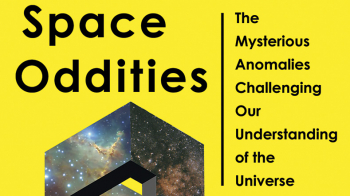
Young accelerator physicists converged on the Portuguese coastal town of Sesimbra in September for the 2002 CERN Accelerator School (CAS) introductory course on particle accelerators. Organized by CAS together with the Laboratório de Instrumentação e Física Experimental de Partículas of Lisbon (LIP), the course covered the basics of accelerator and particle physics, concluding with a series of lectures entitled “Putting it all together”. Thirteen European specialists, chosen for their teaching experience, made up the lecture team, while CERN and LIP shared the organizational responsibilities.
Students came from a range of countries – 13 from Germany, and 12 each from Italy and the UK. France, Canada and Russia each sent three students, and two came from South Korea. There were also students from Belgium, Brazil, Iran, Israel, the Netherlands and Poland, as well as 25 from CERN who were too international to declare a specific nationality, but who no doubt came from Europe. More than 60% of the students were under 35, and about the same percentage had a Masters degree, while fewer than 10% had PhDs. Two-thirds came from accelerator and public sector laboratories, with the remainder made up largely of people from universities.
CAS organizes one such introductory course every two years, interspersed with more advanced courses on specialist technology. It has organized more than 40 courses on accelerator physics and technology since its formation in 1983. Its aim is to train physicists and engineers who design, construct and operate accelerators in laboratories, universities, hospitals and in industry worldwide. Venues are in the European countries that contribute to CERN, and are usually at hotels with conference facilities, where bargain rates are to be had outside the tourist season. Typical attendance is between 50 and 80 students. Each new school produces one or two volumes of proceedings, and these have become the principal body of reference material for the field.
Further reading
Details of past, present and future CAS schools are available at http://cas.web.cern.ch/cas/.







